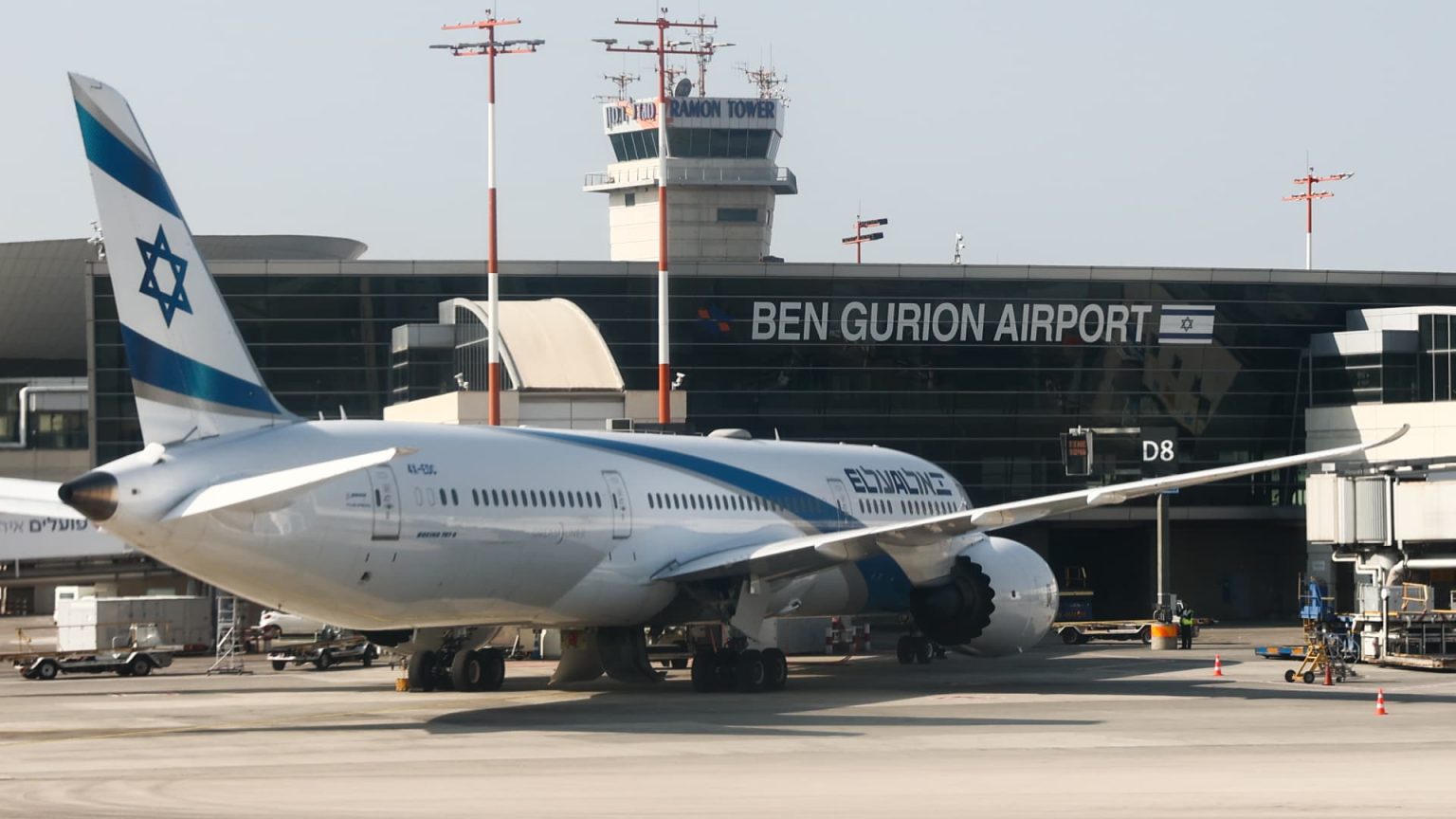Airspace closures in the Middle East disrupted flights as Iran launched drones towards Israel. United Airlines, which had recently resumed service to Tel Aviv, had to cancel its Newark to Tel Aviv flight after Israel closed its airspace. Jordan and Iraq also closed their airspace, affecting flights in the region. The safety of customers and crews is a top priority for airlines, with United closely monitoring the situation. Delta was set to restart flights to Tel Aviv, but American Airlines had not yet resumed service to Israel.
United Airlines had also scheduled a flight from Washington Dulles International Airport to Amman, Jordan, but it was likely to be canceled due to the airspace closures. Flight-tracking site Flightradar24 reported multiple flights bound for Tel Aviv and Amman had diverted on Saturday as a result of the airspace closures. It was unclear when flights in the region would resume, as airlines continued to assess the situation and prioritize safety.
The airline industry has been facing challenges due to ongoing geopolitical tensions and security concerns in the Middle East. United Airlines had previously suspended flights to Israel following attacks by Hamas in October, but had resumed service amidst ongoing tensions in the region. Flight disruptions due to airspace closures highlight the complex nature of operating in conflict-prone areas, with airlines forced to adapt to changing circumstances and prioritize safety above all else.
United Airlines’ decision to cancel flights to Tel Aviv and Amman reflects the impact of geopolitical events on the aviation industry. The closure of airspace by multiple countries in the region underscored the challenges airlines face in navigating complex geopolitical environments. The safety of passengers and crew is paramount in such situations, with airlines closely monitoring developments and making decisions accordingly. The uncertain timeline for flight resumption highlighted the unpredictable nature of operating in conflict zones.
As tensions in the Middle East escalate, airlines are forced to make difficult decisions regarding flight operations in the region. The closure of airspace by Israel, Jordan, and Iraq disrupted travel plans for passengers and highlighted the challenges airlines face in ensuring the safety of their operations. Flight diversions and cancellations underscored the need for flexibility and contingency planning in response to geopolitical events. The ongoing situation serves as a reminder of the risks associated with operating in conflict-prone regions and the importance of prioritizing safety above all else.


